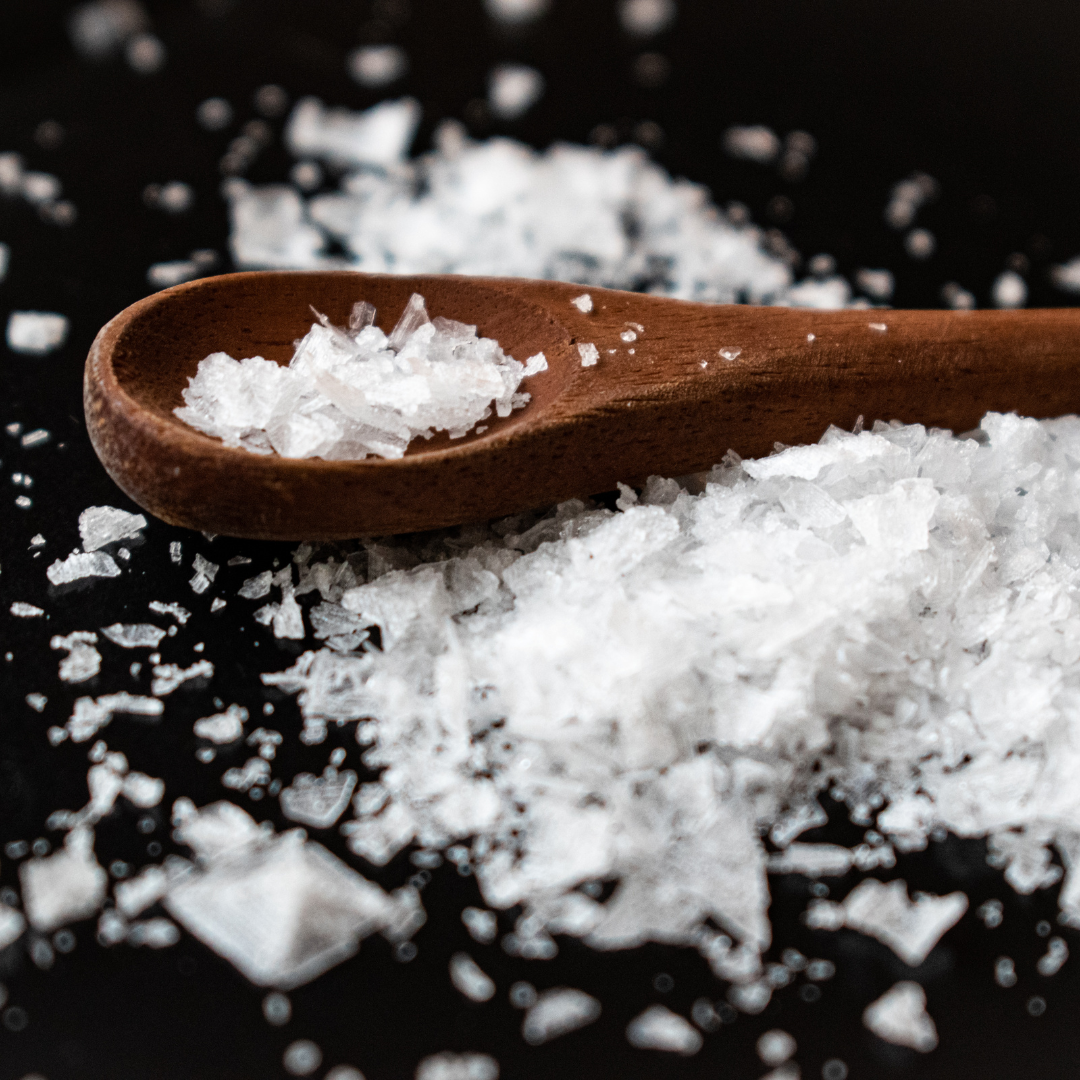
Have you ever wondered why sodium is often included in sports drinks and electrolyte supplements? Let's dive into the importance of sodium in the hydration process.
What is the role of sodium in hydration?
Sodium is a crucial electrolyte that plays a key role in maintaining the body's fluid balance. When you sweat during exercise or in hot weather, your body loses both water and sodium. Sodium helps the body retain water, preventing dehydration and maintaining proper hydration levels.
How does sodium help with hydration?
When you consume sodium, it helps your body hold onto water by stimulating the thirst mechanism and promoting fluid retention. This is especially important during intense physical activity or in situations where you are losing a lot of fluids through sweat.
What happens if you don't consume enough sodium?
If you don't consume enough sodium, your body may struggle to retain water, leading to dehydration. Symptoms of dehydration include dizziness, fatigue, muscle cramps, and decreased performance. In severe cases, dehydration can be life-threatening.
How much sodium do you need for hydration?
The amount of sodium needed for hydration varies depending on factors such as activity level, sweat rate, and climate. In general, it's recommended to consume around 500-700mg of sodium per liter of fluid consumed during exercise to help maintain proper hydration levels.
Conclusion
Sodium plays a crucial role in hydration by helping the body retain water and maintain fluid balance. Including sodium in your hydration strategy, especially during exercise or in hot weather, can help prevent dehydration and support optimal performance. Remember to stay hydrated and replenish electrolytes, including sodium, to support your body's hydration needs.
